How to improve the sound of the audio system: 10 useful life hacks
It happens that even the highest quality audio systems do not reveal their potential - because of many nuances that seem insignificant at first glance. And before you think about drastic changes, try a few simple solutions that can significantly improve the sound.
Experiment with the placement of speakers in the listening room
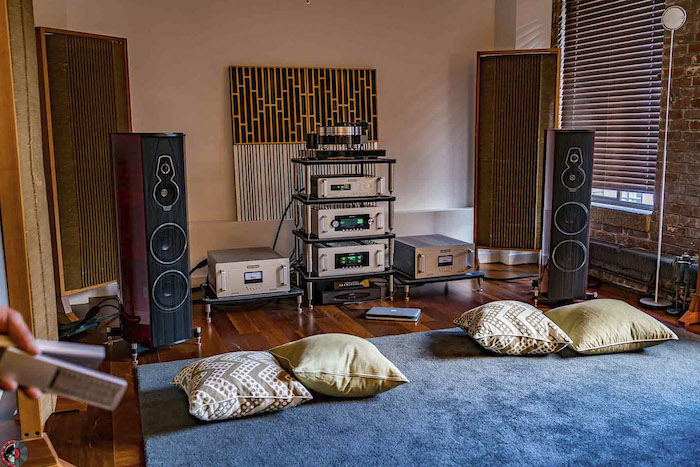
To add more detail and articulation to the sound, try to face speakers to the listener and set them closer to the place of listening. Do not place speakers in the corners of the room or move them close to the wall - it is better to leave at least 5-10 cm of free space. The optimal arrangement of columns can be determined by ear, experimentally.
Install the speakers on the stands
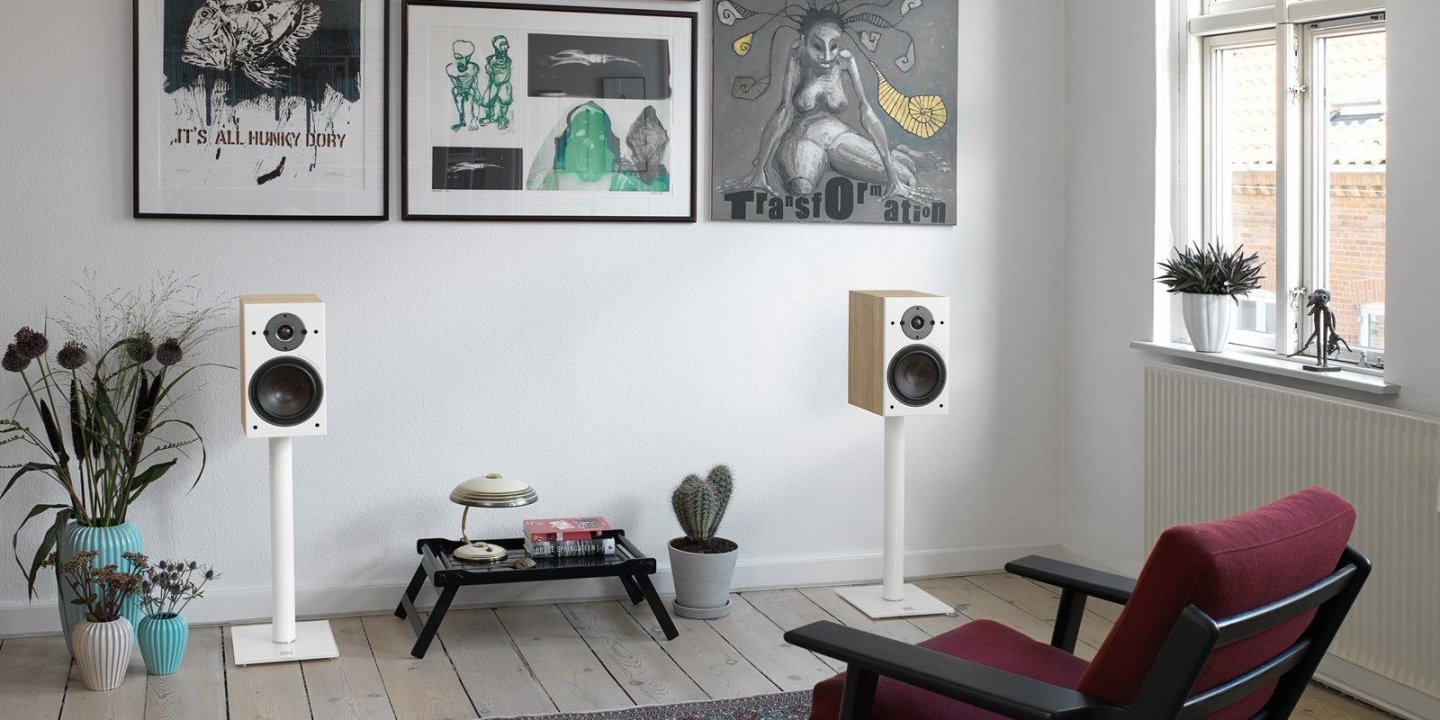
The sound of shelf speakers can be noticeably changed if you place them not on a table or bedside table, but on vibration-isolating stands (in the case of floor speakers, you can use plates). It is best to arrange the speakers in such a way that the tweeters are approximately at the same height with the ears of the listener.
Curtain the windows, put a carpet on the floor
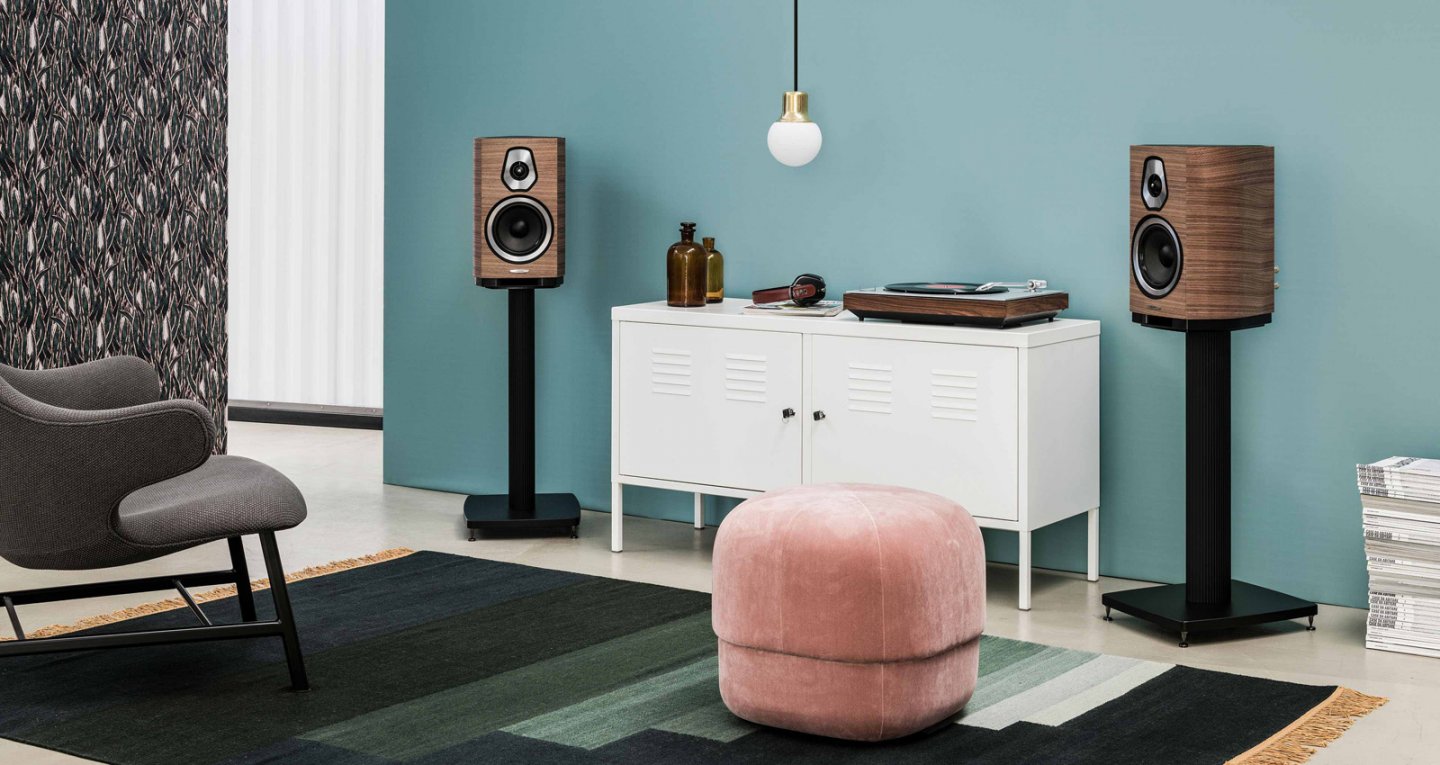
If the sound of the audio system seems too bright and moreover not focused enough, try hanging the windows with thick curtains. At the same time, a carpet placed in the listening room can give a good effect. These simple measures will reduce unwanted reflections and make the sound less colored.
Add bookshelves
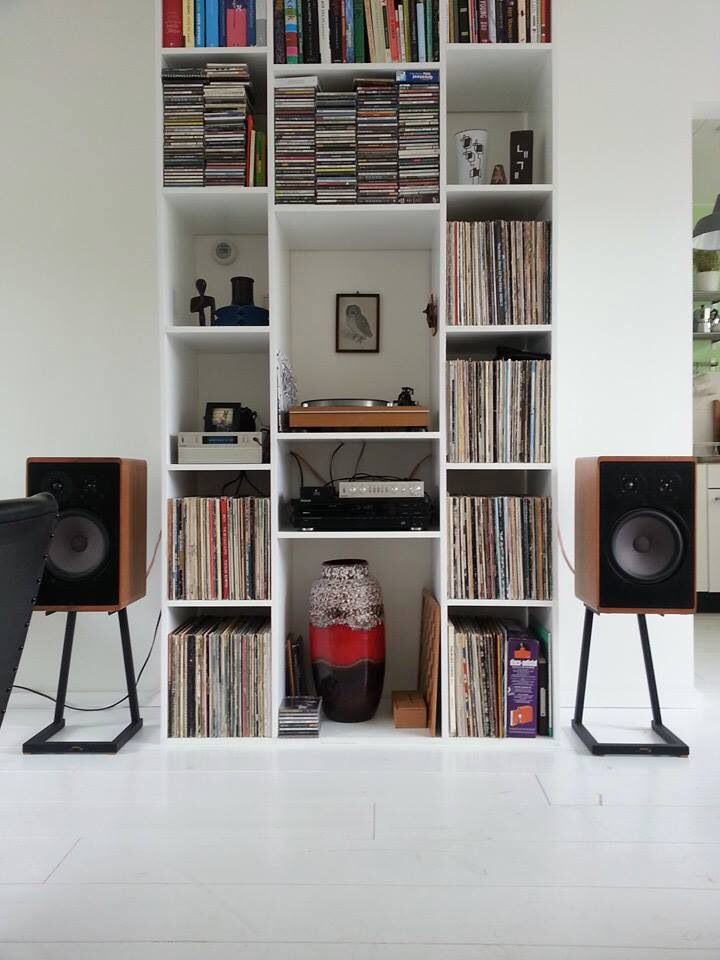
It turns out that books can be useful not only for intellectual development, but also for scattering sound waves. In case the sound of your audio system seems a little bit tedious, try to supplement the interior of the listening room with bookshelves. They will not only decorate the home, but also contribute to a more comfortable perception of music.
Set bass traps
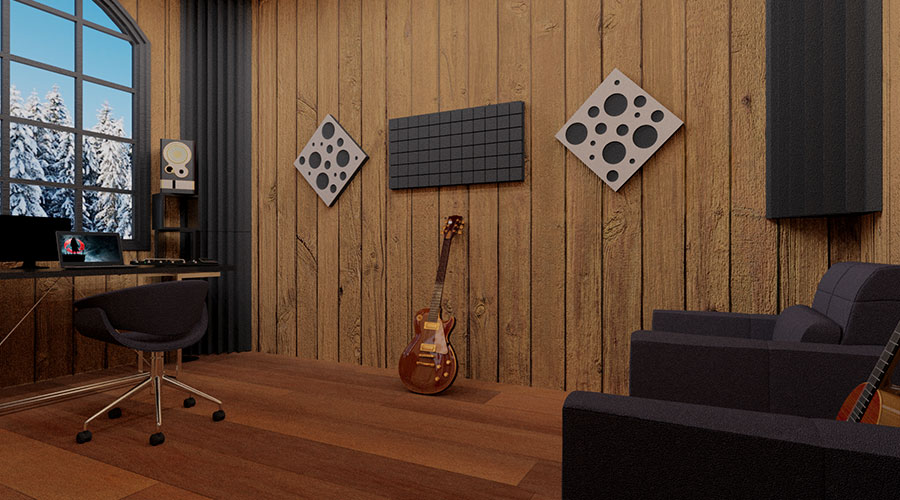
Bass traps are an effective way to get rid of the annoying low-frequency hum. A good option is to choose a solution from one of the well-known brands. On the other hand, such a device can be handmade: there are instructions from those who already have similar experience on the Internet.
Check the speaker cables
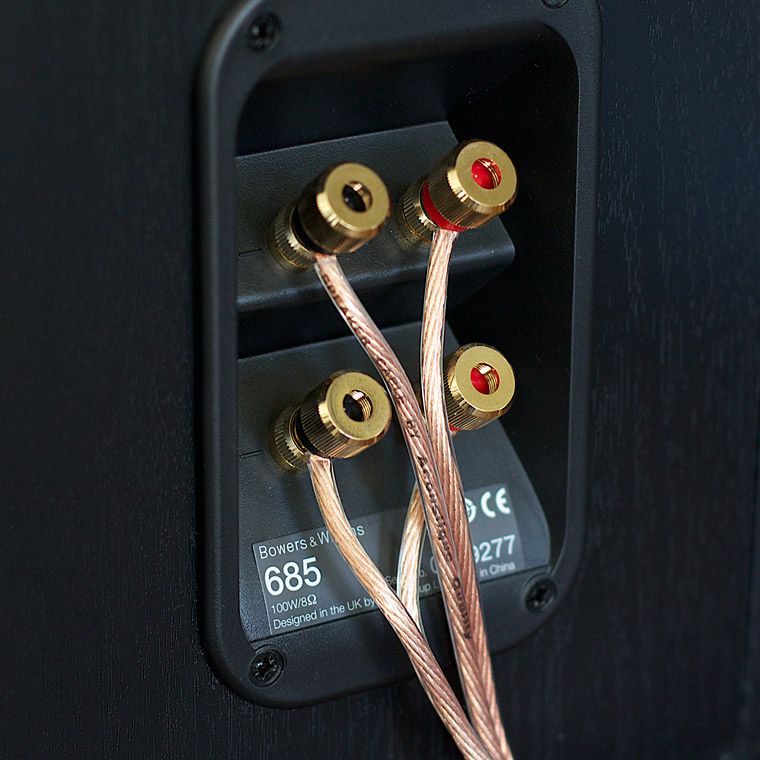
When connecting speakers to an amplifier, it is important to remember a simple rule: the shorter the acoustic cables, the better. However, the length of cables for the left and right channels should be the same - otherwise it cannot be ruled out that one speaker will play noticeably louder than the other. As for the cross-section, acoustic cables from 1.5 to 2.5 mm² are likely to do a good job.
Do your speakers have removable fabric grills?
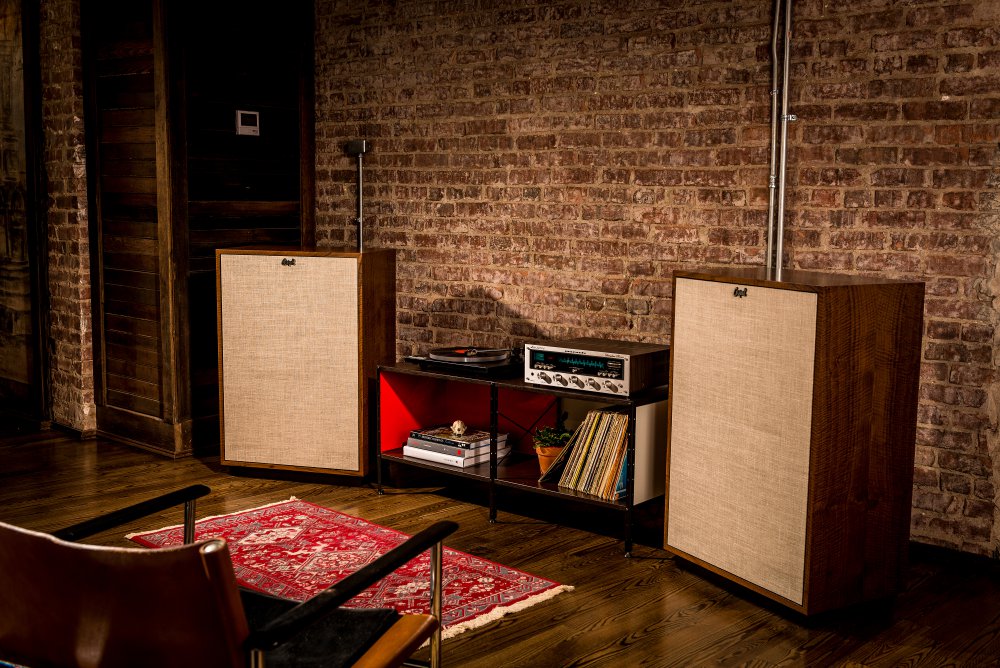
Despite claims of "acoustically transparent fabric," grills affect the sound. But it cannot be said that this influence is necessarily negative. For example, if the high frequencies are too bright and intrusive, grills will help make the sound of the speakers more restrained and comfortable. In addition, if you have pets, it is always better to hedge your bets and protect the speakers from possible damage.
Keep electrical contacts clean

Oxidation of contacts not only worsens their appearance, but can also significantly affect the sound. And this applies to both inter-block and acoustic terminals and cables. Keep your contacts clean so that your audio system doesn't throw you any unpleasant surprises.
Set up your vinyl player
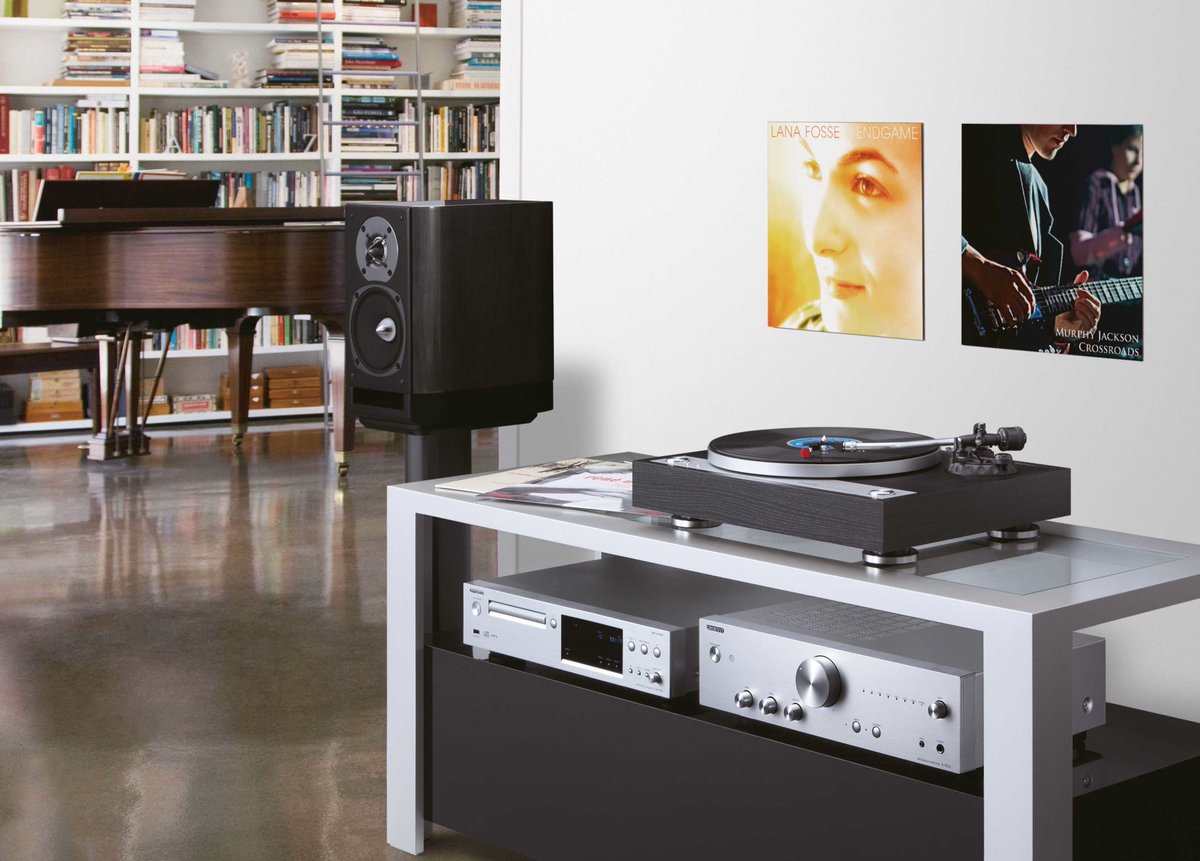
For the simplest setup, get a bubble level and check if the player table is set horizontally. In addition, do not forget to correctly set the downforce of the tonearm (if he has such an opportunity). By the way, it is better to place the signal sources (especially the vinyl player) as far away from the speakers as possible - in order to avoid distortions provoked by low-frequency oscillations. At the same time, vibration isolating platforms and stands for audio components can give a good effect.
Go to concerts

In order to better navigate the quality of the sound and reliably identify the shortcomings of your own audio system, attend live concerts at least occasionally. This will help to keep important audio references in memory and come to an understanding of what timbral features certain musical instruments have.